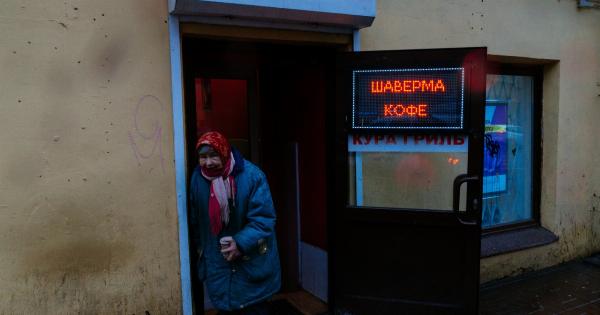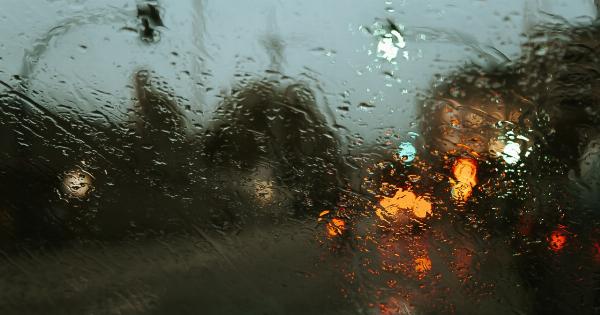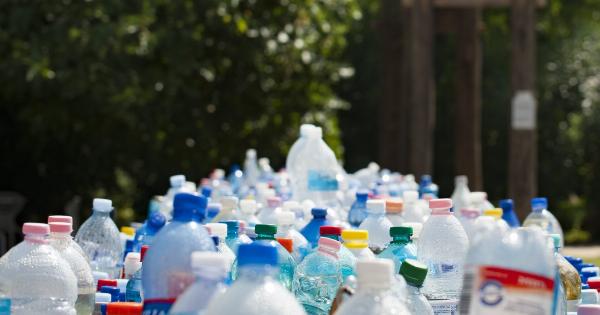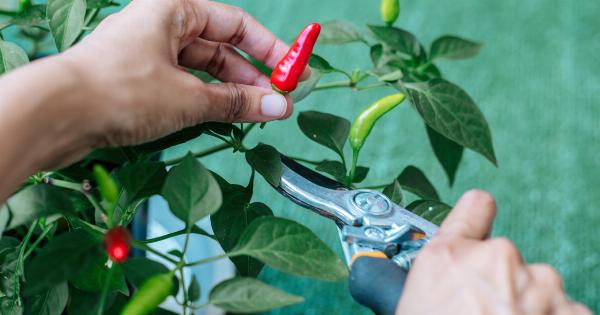Rio de Janeiro, also known as Rio, is a vibrant and fascinating city in Brazil that attracts millions of tourists every year. From its lively Carnival celebrations to its stunning landscapes, Rio has a lot to offer.
However, behind its glamorous façade, there lies a dark secret – the city’s garbage dumps.
A Waste Crisis
In Rio, there are several large garbage dumps that receive tons of waste every day.
These dumps, known as “lixões” in Portuguese, are not only an eyesore but also pose a significant threat to the environment and the health of the local community.
The waste crisis in Rio can be traced back to a lack of proper waste management systems and insufficient recycling infrastructure.
As a result, a large portion of the city’s waste ends up in the garbage dumps, contaminating the soil, air, and water.
The Informal Recycling Sector
However, amid the bleakness of the garbage dumps, there is a glimmer of hope.
The informal recycling sector in Rio has emerged as a resilient force, providing a source of income for many marginalized individuals while also reducing the city’s waste burden.
In the outskirts of Rio, countless men, women, and even children scavenge through the mountains of trash, searching for recyclable materials.
This informal recycling sector has become a lifeline for many families living in poverty, as they are able to earn a living by collecting and selling recyclables.
Changing Perspectives
While the work of waste pickers often goes unnoticed, organizations and individuals have been working tirelessly to change the perception of these informal recyclers.
They are advocating for better working conditions, fair pay, and the formal recognition of waste pickers as valuable members of society.
One such organization is the Cooperative of Recyclable Collectors of Rio de Janeiro (Cooperativa dos Catadores de Materiais Recicláveis do Rio de Janeiro – COOPAMA), which provides support and resources to waste pickers.
Through training programs and partnerships with the local government and businesses, COOPAMA aims to improve the lives and working conditions of waste pickers.
From Garbage to Art
In addition to the efforts of organizations like COOPAMA, artists and designers have also played a significant role in raising awareness about Rio’s waste crisis.
They have repurposed trash and transformed it into beautiful works of art, highlighting the potential of recycling and the importance of reducing waste.
One such project is the “Garbage Museum” in Rio, where artists have used discarded materials to create thought-provoking installations.
These artworks not only draw attention to the waste problem but also serve as a reminder of the transformative power of creativity.
Sustainable Solutions
Over the years, there have been significant advancements in waste management and recycling systems in Rio. The city now boasts various recycling initiatives, including the selective collection of recyclables and the establishment of recycling centers.
Furthermore, sustainable solutions such as composting and organic waste management programs have gained traction.
By diverting organic waste from the dumps and turning it into compost, Rio is not only reducing pollution but also creating a valuable resource for agriculture and horticulture.
Education and Awareness
Education and awareness play a crucial role in tackling Rio’s waste crisis.
Schools and community organizations are implementing educational programs that teach children and adults about the importance of waste reduction, recycling, and responsible consumption.
By fostering a sense of environmental responsibility from an early age, Rio is laying the foundation for a more sustainable future.
Tourism and Sustainability
Tourism is a vital part of Rio’s economy, but it also has the potential to exacerbate the waste problem. However, the city is taking steps to ensure that tourism and sustainability go hand in hand.
Hotels, restaurants, and tourist attractions are increasingly adopting eco-friendly practices, such as recycling, waste reduction, and energy conservation.
This not only minimizes the environmental impact of tourism but also enhances the overall visitor experience.
A Brighter Future
While Rio’s journey from the garbage dump to your home is far from over, there is hope for a brighter future.
Through collective efforts, including improved waste management, greater support for waste pickers, and a shift towards a circular economy, Rio has the potential to transform itself into a sustainable city that is no longer defined by its garbage dumps.
Conclusion
Rio’s waste crisis is a complex challenge that requires a multifaceted approach.
From the tireless work of waste pickers to the efforts of organizations, artists, and policymakers, there is a growing movement towards sustainable waste management and a more conscious society. By recognizing the value of waste and embracing the principles of reuse, recycling, and responsible consumption, Rio can pave the way for a greener, cleaner, and more inclusive future.































